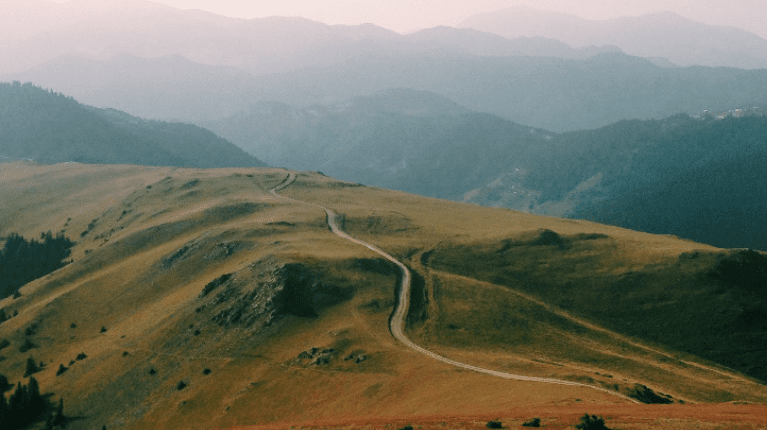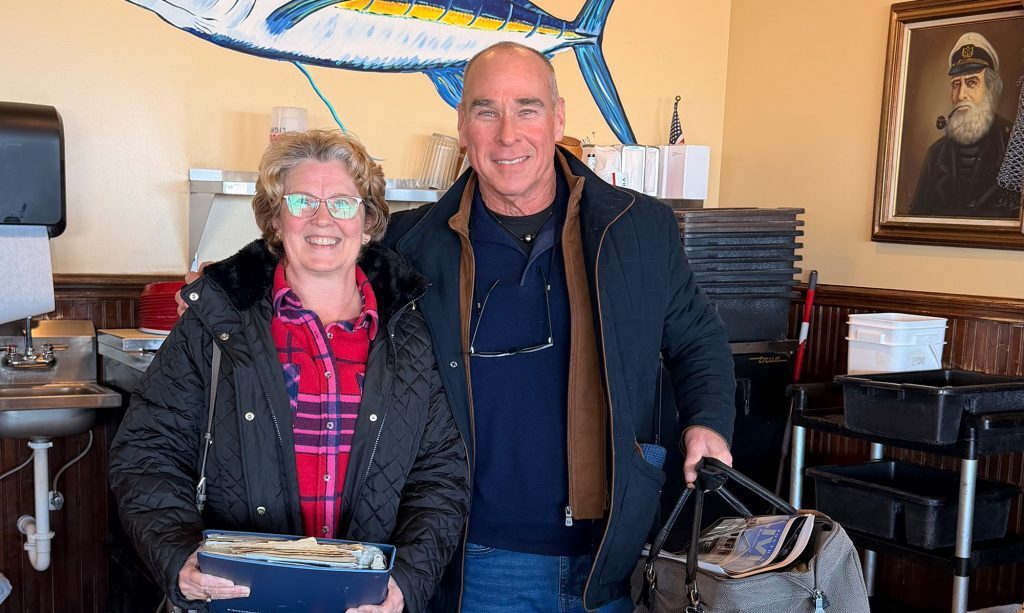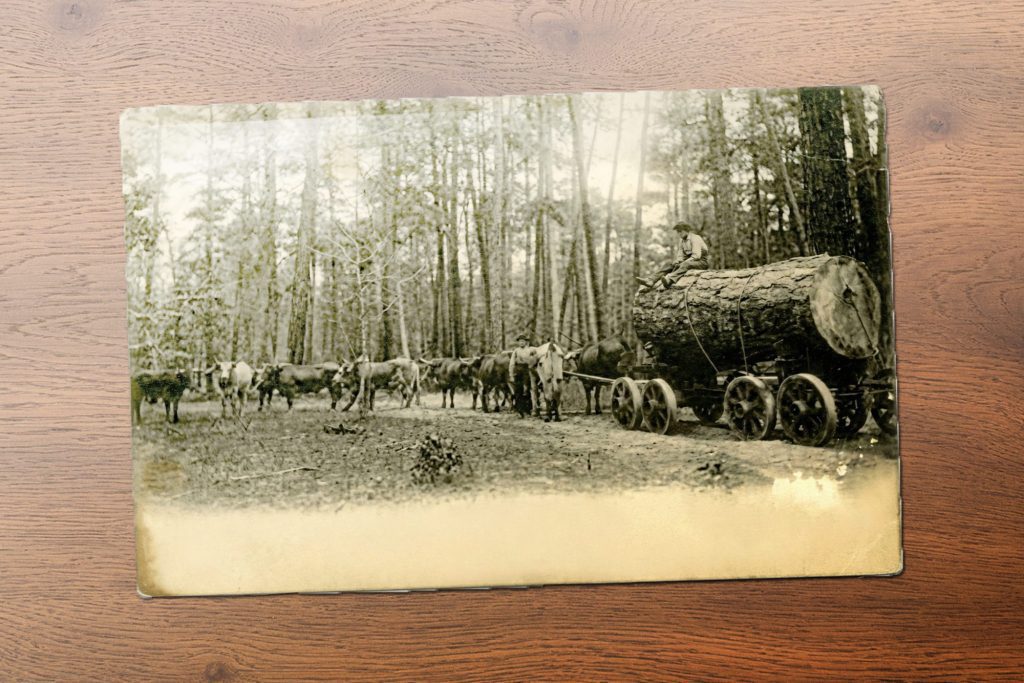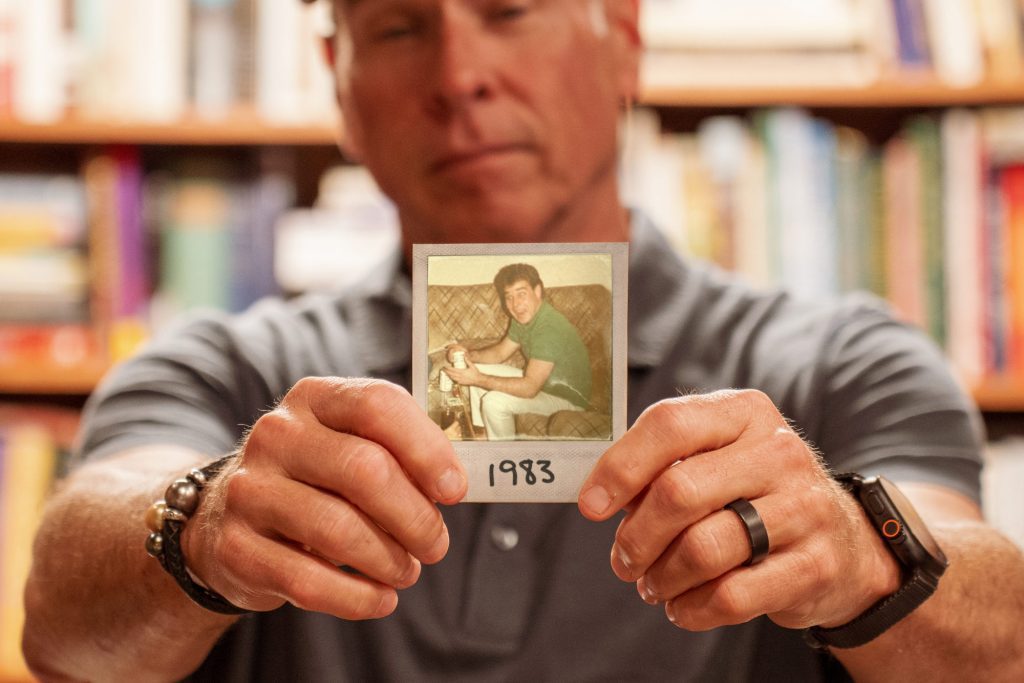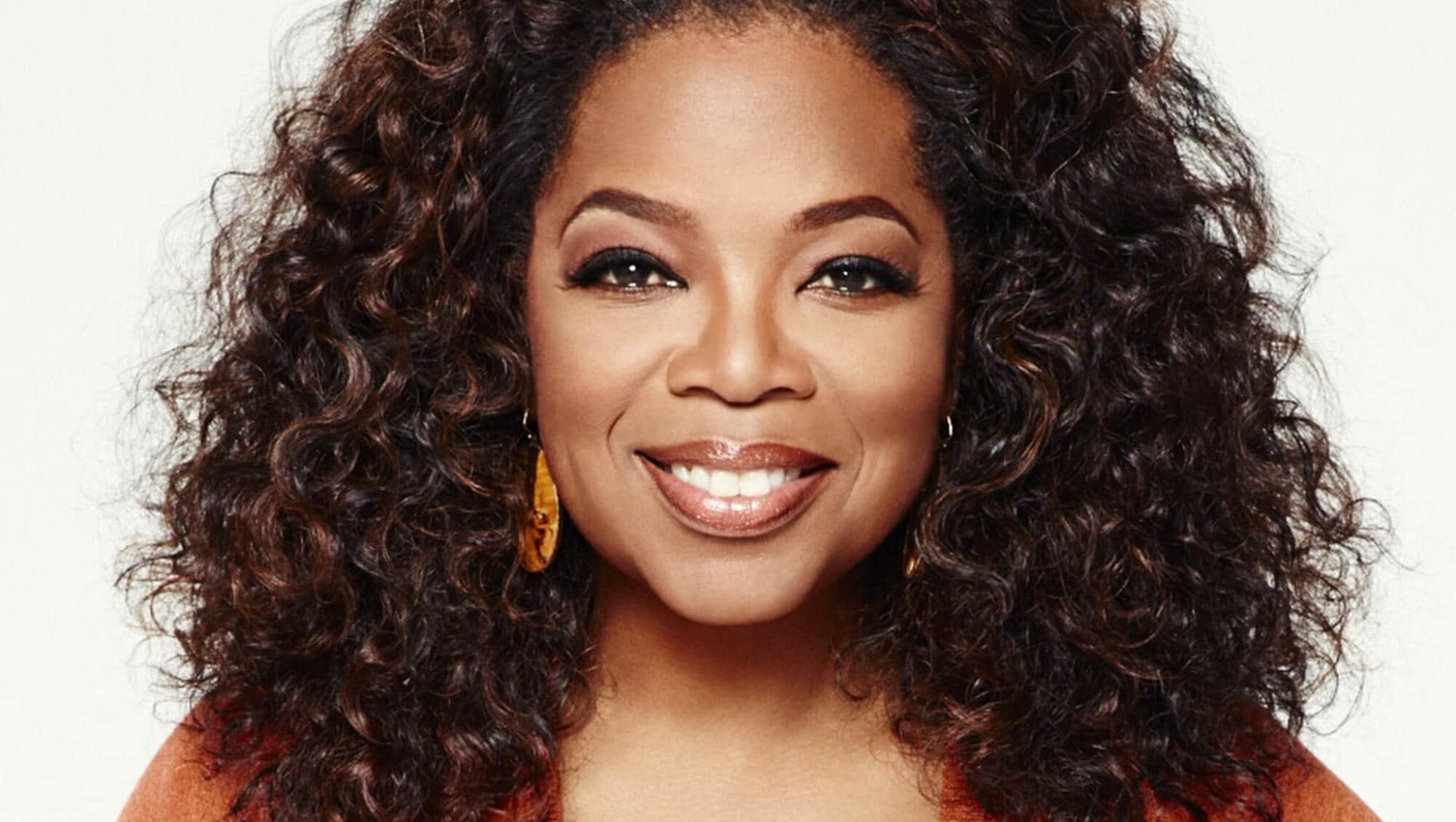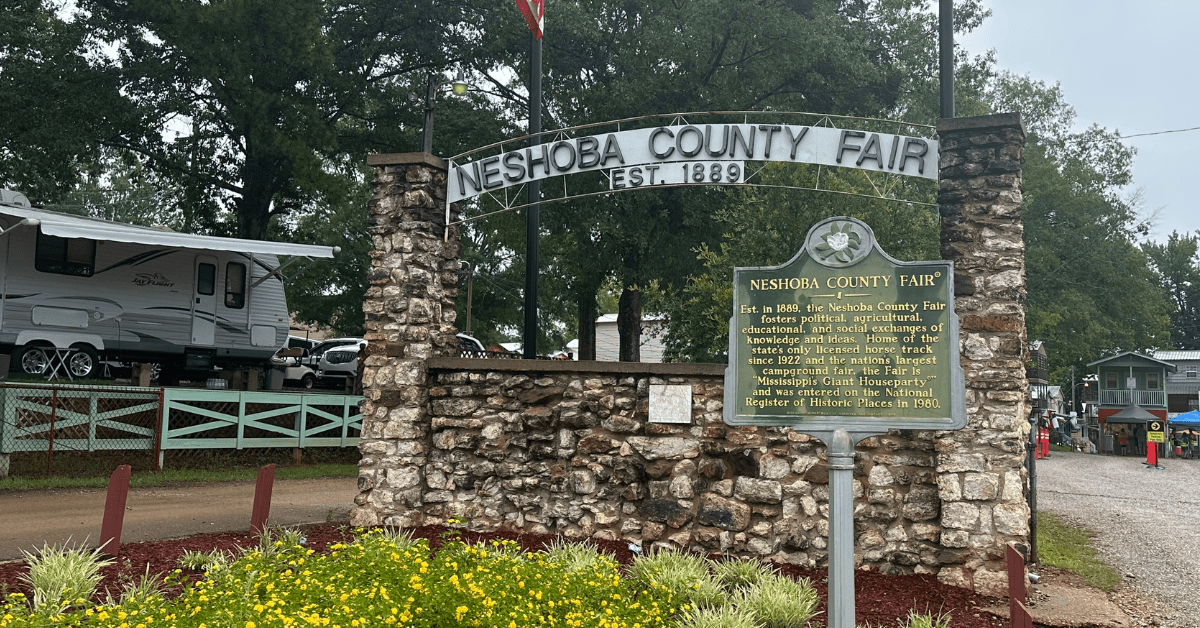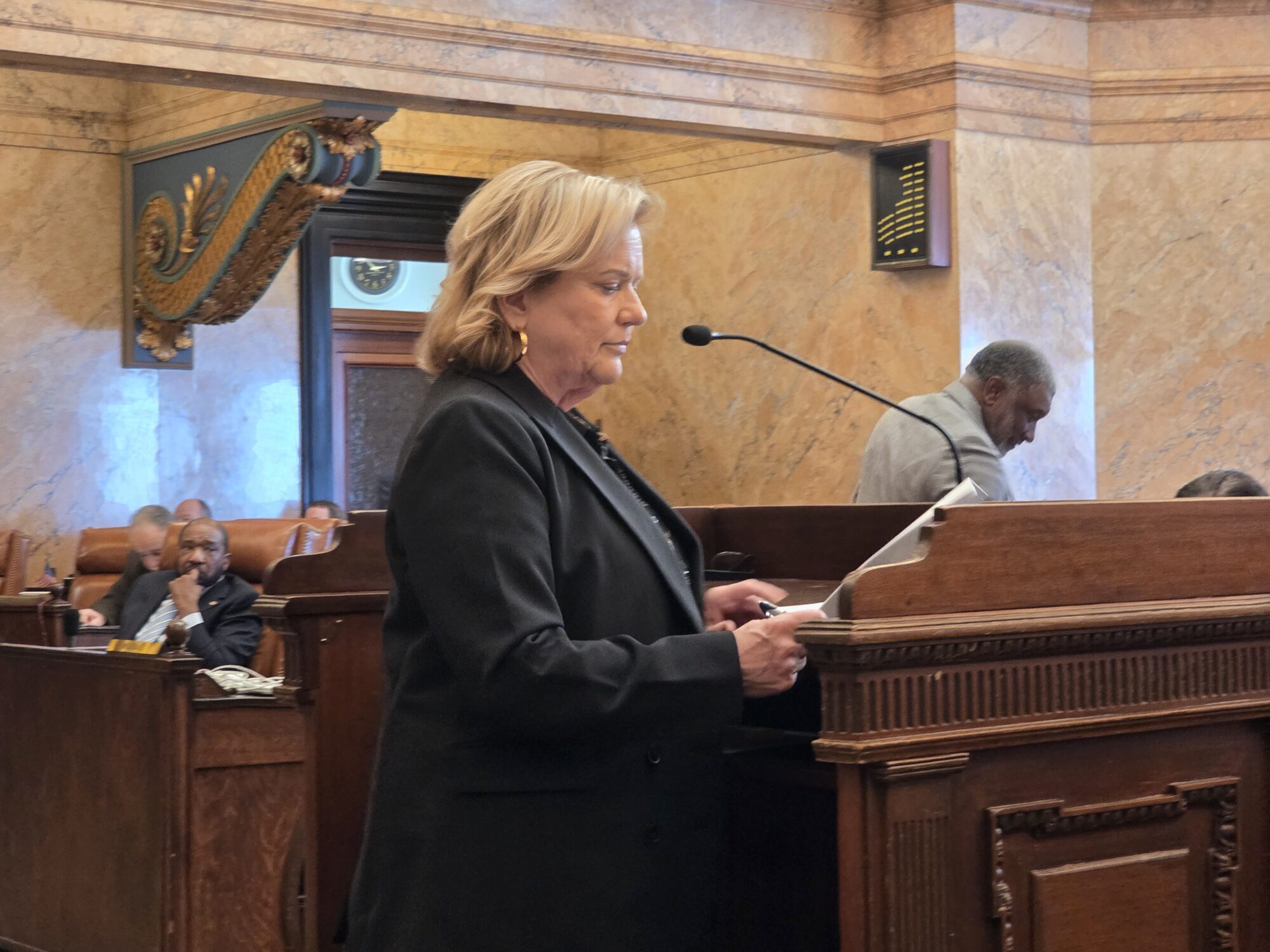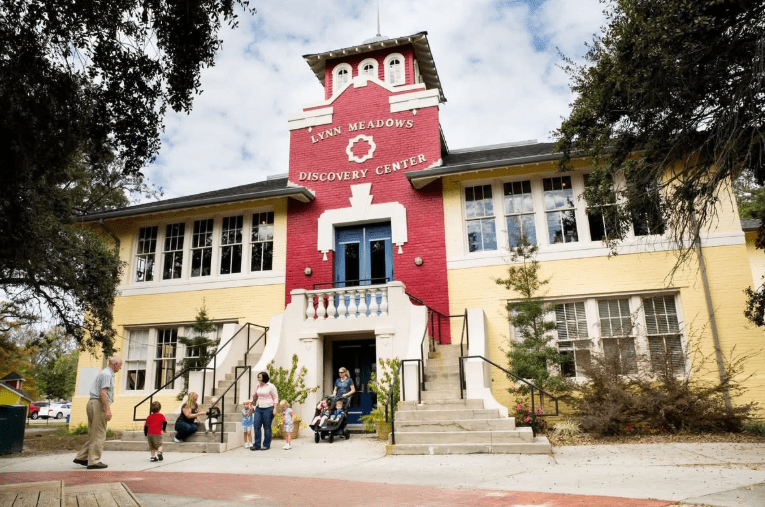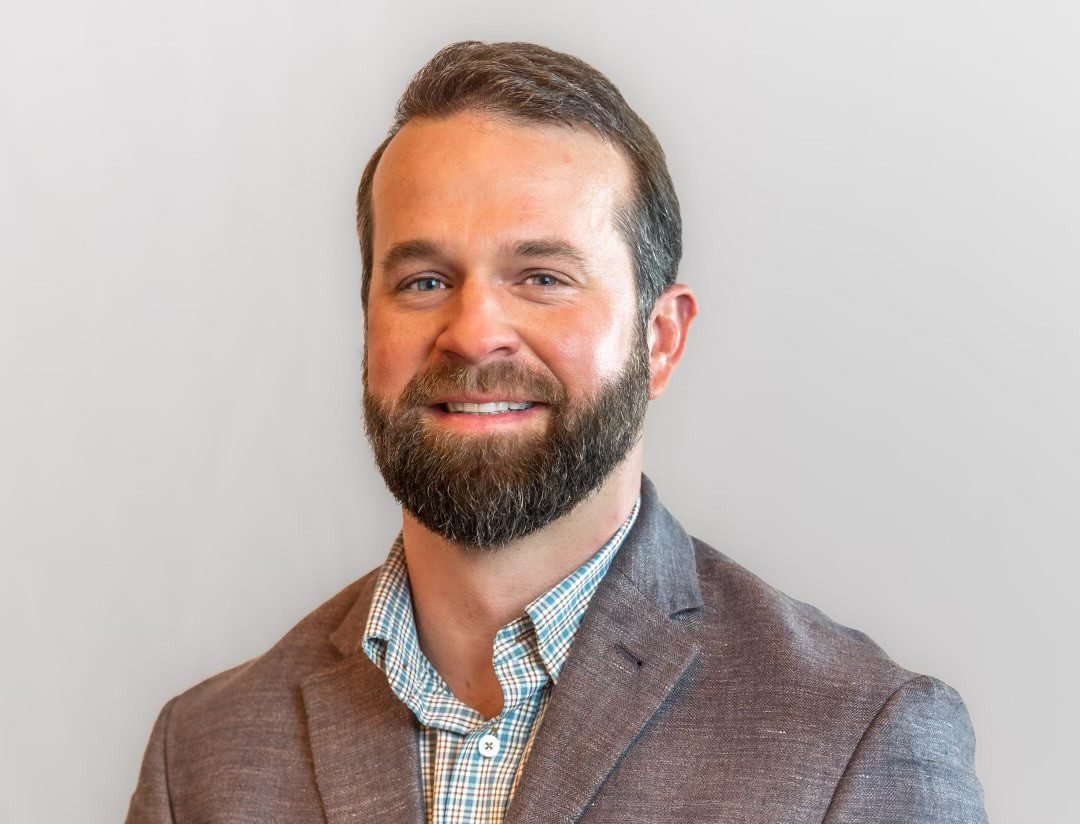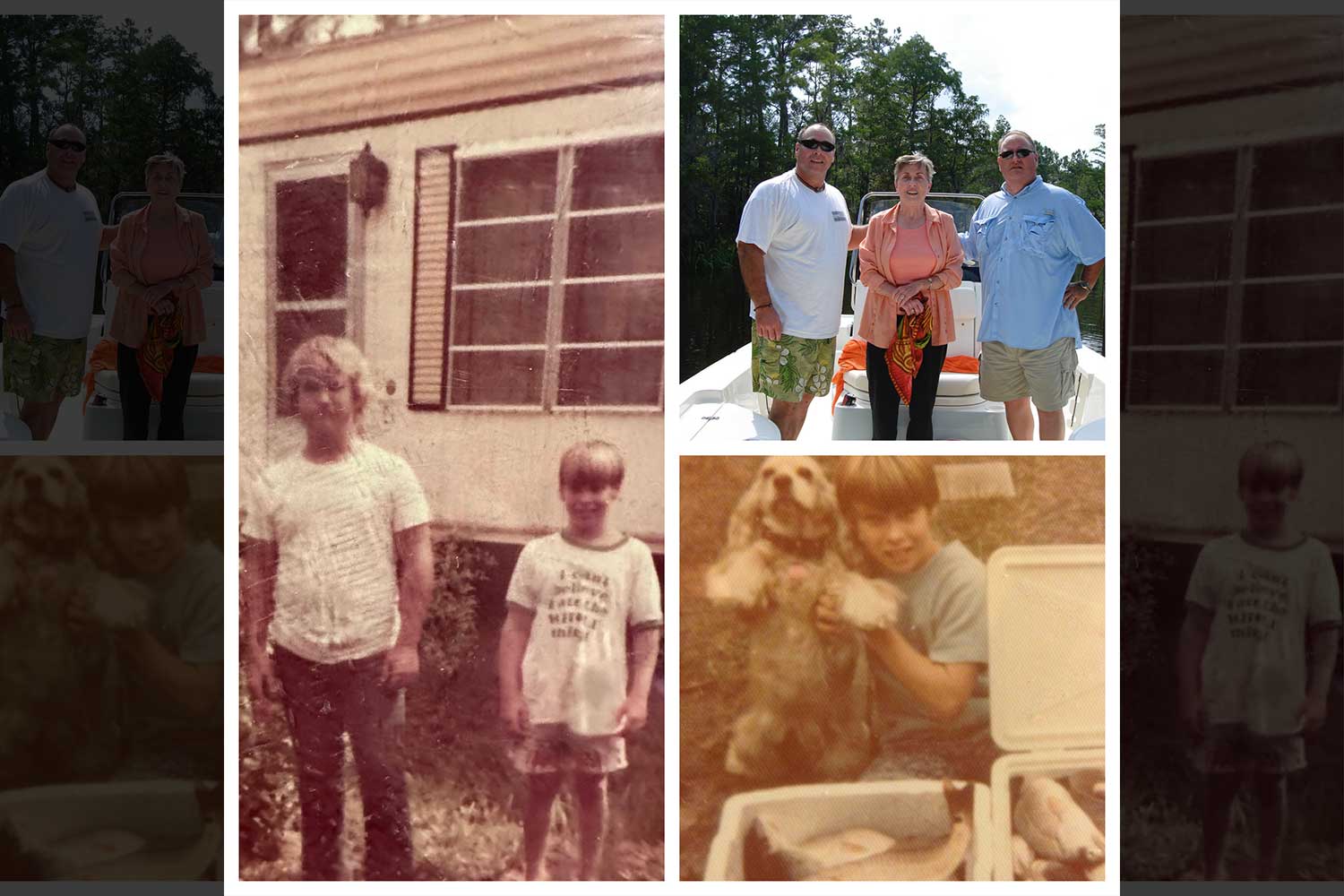
- In the restaurant business they say location is everything. Robert St. John says it’s obviously something his mother always knew.
The older I become the more I appreciate crossroads in life. All of us reach different crossroads at various times during our lives. I can look back over the course of my 62 years and clearly see where I made wise and healthy decisions that impacted my future, and other times when I made the wrong choice and headed down an unwise and unhealthy path. It’s life. We make mistakes. I don’t beat myself up about them. I learn and move on. The best we can hope for is that— as we grow older and reach life’s challenging crossroads— we make wiser decisions more often than we make stupid ones.
My mother made a couple of key decisions at critical times and nailed them both. Her husband— my father— died when she was 34 years old. My brother was 10. I was six. She and my father were in the middle of building a new home together in a neighborhood where many of the men my father grew up with had purchased lots next to each other. It was the first crossroad decision she would face as a single mother.
She could have made the decision to stay in the house we were living in. That would have been the safe choice. Or she could scale down the house plans and move forward in the neighborhood where she and her husband planned on raising their boys before his death. She was making that decision in turbulent times, not only turbulent for our family, but the world. Two weeks after my father died, Martin Luther King was assassinated. Two months later Bobby Kennedy was assassinated. A month after that were the Chicago riots.
Amidst all that turmoil, my mother made the brave choice to go ahead and build a house, on a smaller scale, in the new neighborhood. The beauty of that major-crossroad decision was that the neighborhood was filled with families who had kids the same age as my brother and me, and friends of my parents who took us under their wings. I am the living breathing example of “it takes a village”— and a better man today— because of my mother’s decision.
The second crossroad she met as a single mom was one that might not seem as important as a neighborhood in which to live, but it has played a major part in the adult lives of my brother and me, even to this day. Left to raise two young boys on her own she knew she couldn’t play football in the backyard and had no interest in hunting, but she figured she could learn how to fish. So, she bought a fish camp on the Mississippi Gulf Coast where we spent most of our summers.
In the words of John Prine, “It weren’t much to look at,” just a small, single-wide mobile home three blocks off the water and a 10-minute walk to the John’s Bayou Marina where our bass boat was docked, but it was utopia for us. I don’t know where she got the money to do it. She was raising two boys on a public school art teacher’s salary while also teaching art lessons out of our home, but she did it.
It was one of the best single-mom moves, ever.
We spent our summers fishing, crabbing, water skiing, swimming, and feasting on seafood from the warm waters of the Gulf of Mexico, the Mississippi Sound, the Pascagoula River, and John’s Bayou. She only kept the camp for 10 years, but that decade covered the most vital years that could make an impact on our childhood.
My brother was so bit by the Coastal bug that he has his own fish camp on the Coast and is fanatical about fishing. I am not the sportsman that my brother has always been. Our fish camp hit me on a different level. It is where my love of seafood was born. I ate my first raw oyster down there. I boiled shrimp and picked crab for the first time there. We caught fish and cooked them just a few hours later. I had no interest in the restaurant business at the time, but unbeknownst to me, the hook was set.
It’s the hot and humid days of this current Mississippi summer that has me thinking about that fish camp. John’s Bayou had several families from Hattiesburg that— at the time— were the second generation to have camps there. Even in that environment, I was surrounded by love and stellar adult role models. As a 12-year old I was envious of friends who had camps on the west end of the Coast in Pass Christian and Bay St. Louis. What I didn’t realize at the time was that my mother had chosen one of the most biologically diverse watersheds in the entire country to raise her boys.
Most Mississippians likely don’t know that the Pascagoula River Basin is one of the largest protected natural aquatic ecosystems in the United States, and one of the largest in the entire Western Hemisphere. The area in which I spent my childhood summers was home to over 300 species of birds and hundreds of thousands of other life forms. While I was wishing to be on the other end of the Coast where my friends spent their summers, I was unknowingly swimming and fishing in waters in which the aquatic life is more diverse than any in Central and South America.
My mother’s parental crossroad decision allowed us to spend several months of the year in a river basin that is untouched, and the last unregulated and unimpeded major river system in the lower 48 states. I used to think of our fish camp as the redheaded stepchild to all those camps near the Louisiana border on the Jourdan River, but what I didn’t know— that I appreciate today— is that The Pascagoula River Basin is larger and more diverse than the Florida Everglades.
The area where my mom chose to perform her dad duties was a perfect place to spend childhood summers. The Pascagoula River is an 80-mile-long saltwater-influenced freshwater river. The basin covers approximately 9,600 square miles and drains all, or parts, or 22 Mississippi counties (and parts of three Alabama counties). In all, the Pascagoula River Basin contains over 15,000 miles of rivers that, if laid end to end, would stretch more than halfway around the earth.
It was paradise.
My mom sold the fish camp while I was off at college. My brother and I were mad about it at the time, but today, with emotions removed, and having lived another 45 years I realize that she probably needed the money and didn’t want to admit it to her sons.
On her 80th birthday my brother and I brought her back down to the fish camp. It was just the three of us, just as it was in those early days. We drove a borrowed boat on all the old waterways and drove by the trailer that is still there. I hope the current family gets as much impact and enjoyment as we did. That day, more than any other in my life, made me appreciate my mother and the sacrifices she made, the decisions she chose, and the crossroads she faced.
My childhood home was the smallest house on the block, but it was on the block. Our fish camp was a trailer off the water, but it— like our childhood home— was surrounded by people who loved us. In the restaurant business they say location is everything. It’s obviously something my mother always knew.
Onward.
#####
This Week’s Recipe: West Indies Crab Salad
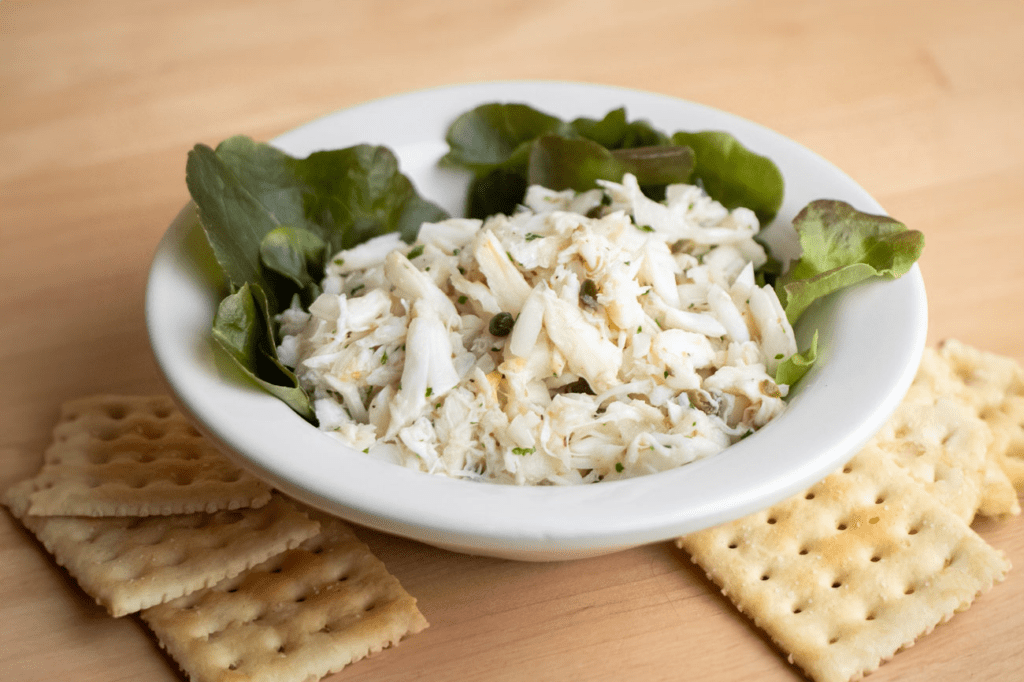
When Crabmeat is available, this is a great go-to salad that can serve as an entree.
INGREDIENTS
2 pounds Jumbo Lump Crab
1 ½ cup Yellow Onion, small dice
½ cup Canola, cottonseed or peanut oil
½ cup Champagne vinegar
¼ cup Ice water
2 Tbsp Fresh parsley, chopped
1 Tbsp Kosher salt
½ tsp Black pepper, freshly ground
INSTRUCTIONS
Gently fold all ingredients together and cover tightly. Refrigerate overnight before serving. Just before serving, toss the salad well to redistribute the dressing.
Serve with French Bread Croutons.
